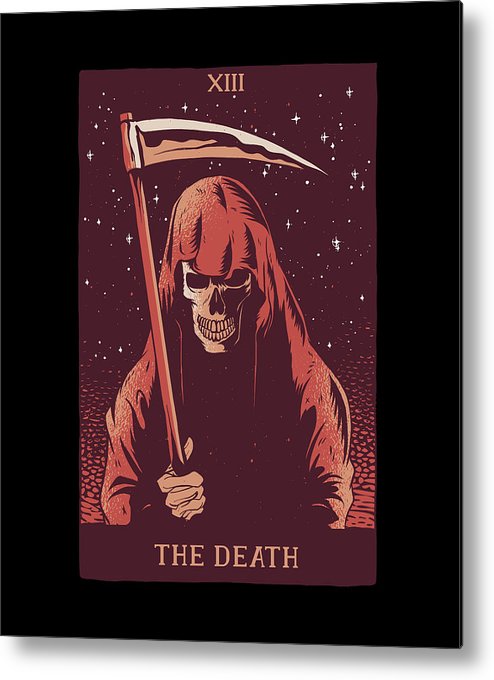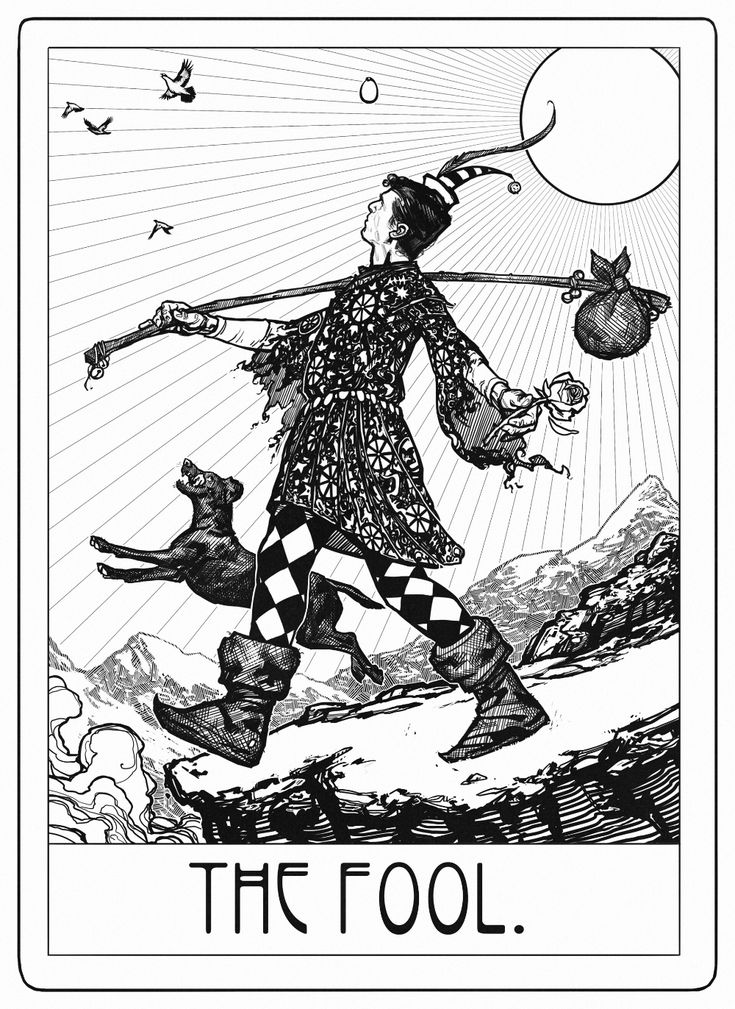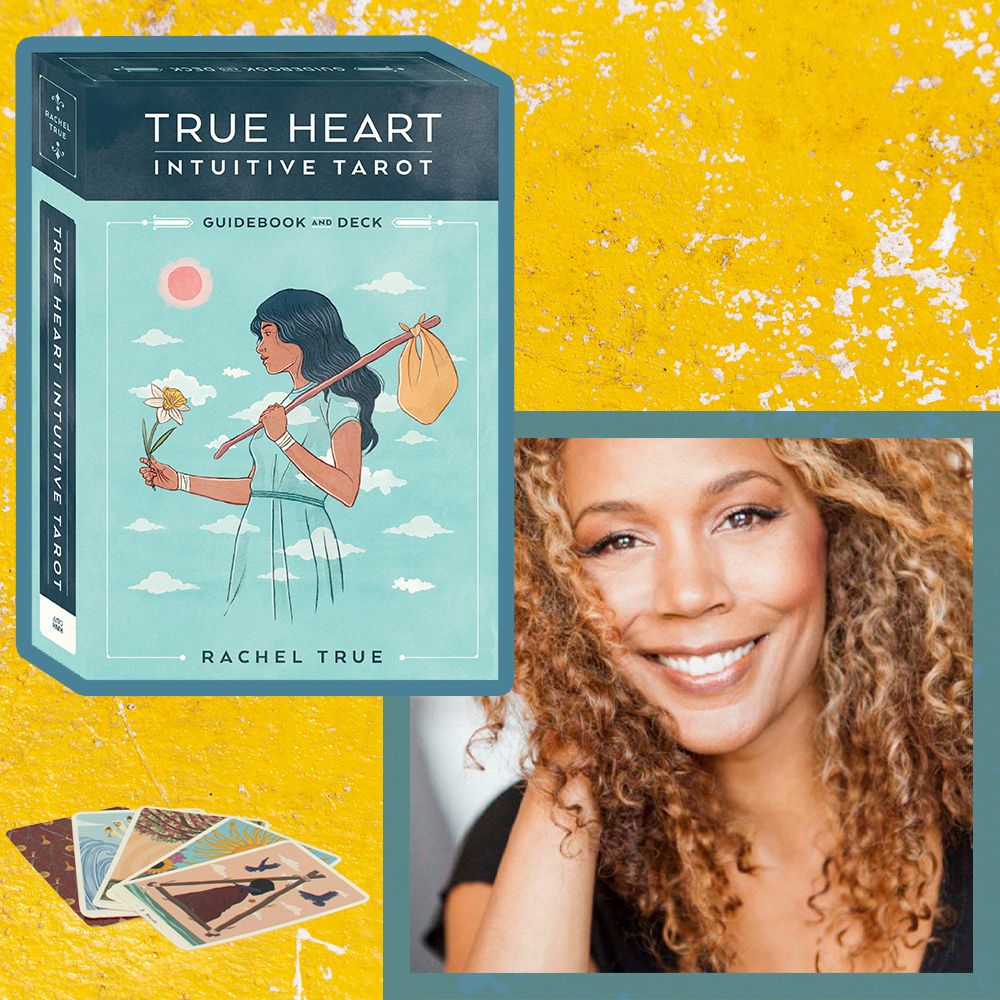
Unlike Tarot cards, which are often interpreted intuitively, Lenormand cards are more objective. They are more objective and can predict different things. Lenormands cards are straightforward and provide simple answers to questions rather than telling elaborate stories. This makes them much easier to understand.
Lenormand includes 36 cards. Each card has its own meaning. These cards can be used as a way to predict future events. They also provide answers to questions regarding your career, relationships, and major life decisions. Lenormands are used in Central Europe and the Balkans for divination. They also have connections with numerology as well as astrology. In fact, Lenormand cards are still widely used in these countries.
Lenormand card are also called petit jeu. French for "little game", Lenormand cards are also known as petit jeu. It was named after Marie Anne Lenormand a French fortune-teller. She is believed to have been advising leaders in the French Revolution. Lenormand's name was also included on many cartomancy cards. Lenormand Cards are still widely used today. These cards were initially created in France for divination purposes. They have been emigrated to many countries throughout Europe and Africa, including Brazil.

The noun is the first card, while the modifier card modifies it. For example, the Woman symbolises action. The Woman cards represent your partner. A particular situation may be represented by the Woman cards. The Woman card may be represented by a child. This could mean that you are arguing about your partner. It could also signify that you are foolish.
Another card is called the Sun, and represents warmth and vitality. It also indicates progress towards a dream. It is associated with success, love, happiness, and even love. It is also considered a positive card and can be used to indicate the presence or absence of an individual or group. It can also be related to the Hierophant.
The third card is called the Moon, and it represents fantasy, imagination, intuition, and subconsciousness. It's also a bad card and speaks about someone's emotions.
The House is the fourth card and represents safety, privacy, tradition, and home. It is closely related to the Hierophant and can be used for hotels, homes, or any other type of establishment. The fourth card can also be used in spiritual contexts and represents the Hierophant.

The fifth card is called the Snake, and it represents rebirth, craving, and education. It is also associated to medicine and temptation. The sixth card is the Stars. It symbolizes spirituality and faith. It can also be a positive card and is associated with sexuality.
The seventh card is the Lily. It represents wisdom, spirituality, values, and more. It can also be positive. The Key is the final card. It symbolizes freedom and openness.
The Lenormand card is based on a Romance language and follows a specific syntax. They are easier to understand and read. They read like sentences, rather than images, and can show you things that you might not be able to see otherwise.
FAQ
What is observation hobby?
Observation hobbies involve watching people do the things they love. These hobbies could include reading books, watching sports, or going on vacation. It could also involve observing others.
You can learn creativity through observation hobbies. You can apply this knowledge later on when you work with others.
You will discover that learning is easier when you are interested.
If you're interested in football, for instance, you could watch it or read a book. You could visit or take part in exhibitions if you are interested in learning more about photography.
You can play along with songs online or purchase a guitar if you love music.
You can cook your own meals, or you could go to a restaurant.
If gardening interests you, you could plant vegetables or flowers.
You could take a class or go out dancing with your friends if you enjoy dancing.
If you like painting, you could paint pictures.
You could also write poems or stories if you enjoy writing.
You can draw pictures if your passion is drawing.
If you are passionate about animals, you can look after them or work at the zoo.
You could choose to study biology, maths, chemistry, or physics if you are interested in science.
History is something you might enjoy if you read books, watch movies, or listen to podcasts.
You can travel abroad or explore your home area if you love to travel.
Can I make money by my hobby?
Many hobbies can lead to making extra cash.
If you're passionate enough about your hobby, you may decide to sell items related to it.
If you are a stamp collector, you might want to start a website that sells rare stamps.
This allows you to make additional income, without having the hassle of actually purchasing and selling stamps.
You could also create a YouTube channel to talk about your hobby.
This allows you to share what is important to you with others, and possibly generate additional revenue through premium content.
What does it cost to have a hobby?
A hobby costs nothing but time. If you are serious about your hobby it could take years before you achieve your goals.
But there is one thing you can do to help yourself. It's called "passion." If you are passionate about what you do, it will be easier to work hard and make progress.
And once you start putting in those hours, you may find that you become addicted to the activity. This is where the real fun begins. Because you now enjoy what you do and are improving your skills every day. This will mean that you will have likely made significant improvements by the end.
Do not worry about the time it takes. Try it! You may be surprised!
Statistics
- Studies show that just six minutes of reading can reduce stress levels by 60 percent. (oberlo.com)
- Much of this decline reflects the fact that teens are less likely to work today than in the past; among employed teens, the amount of time spent working is not much different now than it was around 2005. (pewresearch.org)
- This 100% accurate personality-analyzing hobby quiz discovers your passion based on your characteristics. (quizexpo.com)
- A new survey by Pew Research Center of teens ages 13 to 17 finds that 36% of girls feel tense or nervous about their day every day; 23% of boys say the same. (pewresearch.org)
- The intensity of the dialogue partners' bond at the end of the forty-five-minute vulnerability interaction was rated as closer than the closest relationship in the lives of 30 percent of similar students. (time.com)
External Links
How To
How to learn a music instrument
If you want to learn how to play music, there are many ways to do so. You have the option of going to school, buying a book or taking lessons from someone who plays an instrument. Or, you can watch videos online. However, if you decide to find your own way to learn, here are some tips and tricks that might help you out.
-
Find something you are interested in. If you don’t enjoy any of the instruments that you see, you might consider trying another one. If you don’t enjoy playing an instrument it will be hard for you to get into it.
-
Be patient. It takes time to learn something new. Do not expect to be able to master every aspect of the subject immediately. Instead, continue to practice each day.
-
You should practice often. This can be done even when you are tired. This will ensure that your memory doesn't fade.
-
Make sure you choose a safe place to practice. A quiet room where you won't disturb anyone else is ideal. It is important to keep the room clear of distractions. Also, don't let loud music play near your home.
-
Have fun. Music is meant for enjoyment. Have fun with your practice. You will be motivated to do more if you have fun.
-
Set goals. When you set goals, you know exactly what you have to achieve. Failure is not an option.
-
Keep track of your progress. Notate all of your achievements and failures. It will help you become a better person over time.
-
Take breaks. Sometimes it is enough to just stop and think. Taking breaks will give you time to think about things.
-
Ask questions. Ask for help if you are unsure or have questions about certain aspects of the instrument. They may be in a position to assist.
-
Listening is the best way of learning. Many musicians listen to songs that they like and imitate them. This allows them to understand the basic ideas behind the song.
-
Read books. Lessons learned from books are more valuable than videos and classes. Books can also provide information that is not available elsewhere.
-
Get involved in a band. You'll be more motivated to practice when you are playing with others. You will also meet others with similar interests to yours.
-
You can watch tutorials. Tutorials are short videos which explain many topics in great detail. These videos usually focus on one specific aspect of the instrument. Tutorials can be helpful in understanding difficult parts of an instrument.
-
You can try different methods. Some people prefer to learn through lectures, whereas others learn better by reading. Find what works best for your learning style.
-
Practice makes perfect. Nobody becomes an expert overnight. You must work hard to become proficient enough to do well.
-
Begin a group of musicians. Listening and learning from others can help you to learn faster.